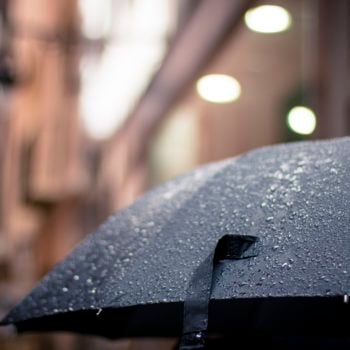Floods, tornadoes, torrential rain, lightning, and hail are common events in many parts of the count...
Feb 19, 2017
How can I Prepare for Stormy Weather?
Floods, tornadoes, torrential rain, lightning, and hail are common events in many parts of the country during the spring and may result in widespread damage. Severe weather often strikes with little warning, so take measures now to protect yourself and your property.
Review your insurance coverage. Make sure your homeowners and auto insurance coverage is sufficient. While standard homeowners insurance covers losses from fire, lightning, and hail, you may need to buy separate coverage for hurricanes, floods, earthquakes, and other disasters. Consult your insurer or insurance professional, who can help determine whether you have adequate coverage for the risks you face.
Create a financial emergency kit. Collect financial records and documents that may help you recover more quickly after a disaster. This kit might contain a list of key contacts and copies of important documents, including identification cards, birth and marriage certificates, insurance policies, home inventories, wills, trusts, and deeds. Make sure your kit is stored in a secure fireproof and waterproof container that is accessible and easy to carry. The Emergency Financial First Aid Kit, available online at ready.gov, offers a number of checklists and forms that may help you prepare your own kit, as well as tips to guide you through the process.
Protect your assets. Take some commonsense precautions to safeguard your home, vehicles, and other possessions against damage. For example, to prepare for a possible power outage, you might want to install an emergency generator and a sump pump with a battery backup if you have a basement or garage that is prone to flooding. Inspect your yard and make sure you have somewhere to store loose objects (e.g., grills and patio furniture) in a hurry, cut down overhanging tree limbs, and clean your gutters and down spouts. Check your home’s exterior, too, to make sure that your roof and siding are in good condition, and invest in storm windows, doors, and shutters. In addition, make sure you know how to turn off your gas, electricity, and water should an emergency arise. And if you have a garage, make sure your vehicles are parked inside when a storm is imminent.
You may also like
Sep 3, 2020
When you envision retirement, you probably see yourself living comfortably, doing what makes you hap...
Jun 17, 2019
You’ve put in the hard work as a college student and finally received your diploma. Now you’re ready...









